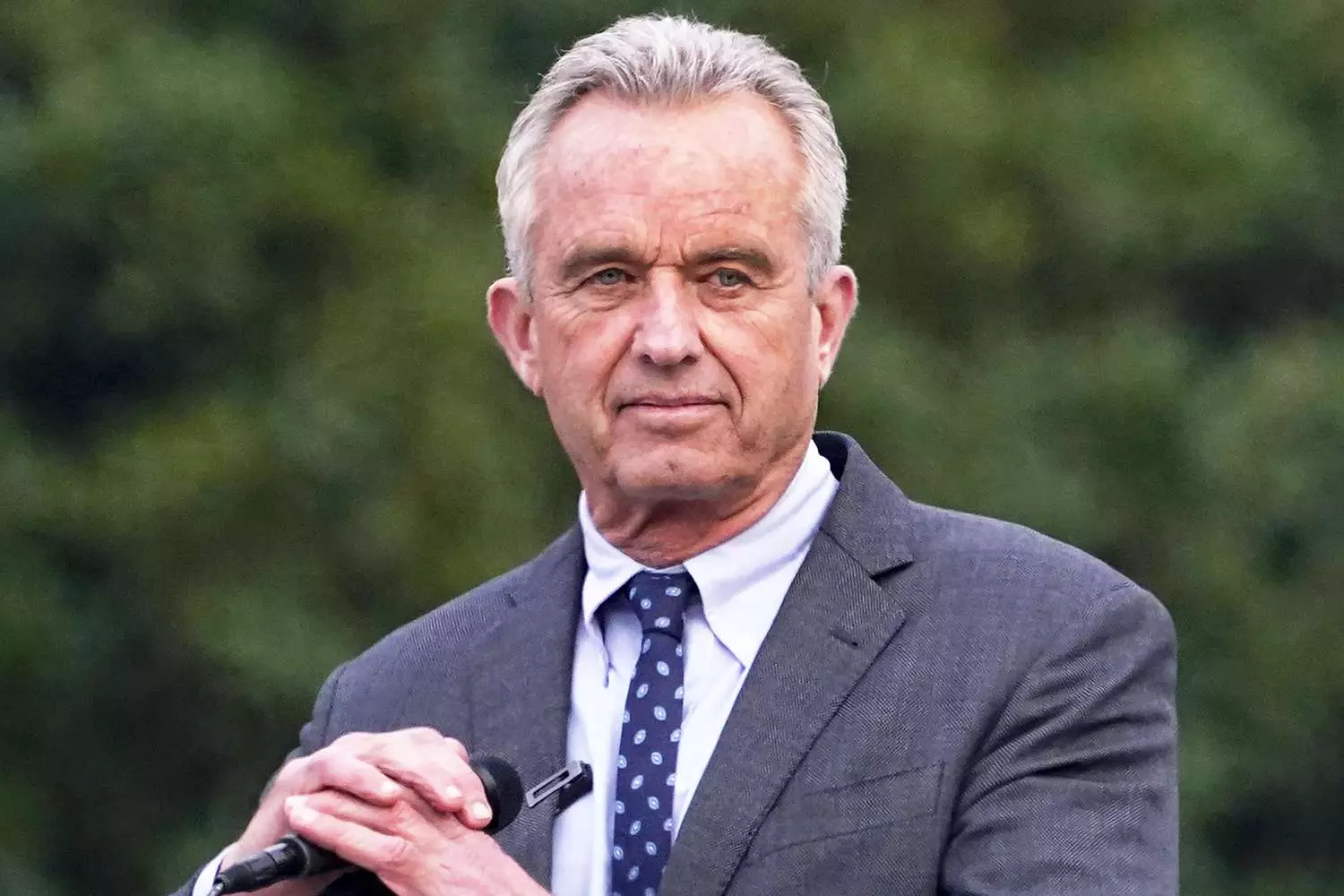Kennedy’s proposal for the federal government to purchase Bitcoin until it matches the value of the nation’s gold reserves is a bold and controversial idea. With US gold reserves currently valued at around $615 billion, acquiring 9.4 million BTC would make up almost 45% of the total Bitcoin supply. This move raises questions about the feasibility and implications of such a significant investment in a volatile and relatively new asset like Bitcoin.
Kennedy argues that Bitcoin is an “honest currency” that replicates the intrinsic value of gold. He highlights Bitcoin’s unique properties, including divisibility and decentralization, which he believes make it an ideal form of currency. While Bitcoin has gained popularity as a store of value and medium of exchange, its price volatility and regulatory uncertainties raise concerns about its suitability as a reserve asset for a government.
Kennedy’s suggestion to back government fiat currency and debt with a basket of hard currencies, including gold, silver, and BTC, introduces a new approach to monetary policy. By gradually anchoring Treasury bills to this basket over time, he aims to promote decentralization and strengthen democracy. However, the practical challenges of implementing such a system and ensuring its stability remain unclear.
Kennedy believes that embracing Bitcoin and decentralization is essential for safeguarding democracy and individual freedoms. He argues that Bitcoin offers a means to combat government corruption, protect property rights, and promote self-sovereignty. While Bitcoin’s decentralized nature and censorship resistance are lauded by its proponents, the lack of regulatory oversight and investor protections present risks for mainstream adoption by governments.
The mention of rival presidential candidate Donald Trump’s interest in Bitcoin adds a political dimension to Kennedy’s proposal. Speculations about Trump potentially announcing a strategic Bitcoin treasury at a conference raise questions about the role of cryptocurrencies in shaping national economic policies. The absence of candidate Kamala Harris from engaging with crypto underscores differing attitudes within the political landscape towards digital assets.
Kennedy’s proposal to allocate a significant portion of government reserves to Bitcoin reflects a growing interest in cryptocurrencies as alternative investment assets. While his vision of a diversified currency basket anchored by Bitcoin is innovative, the practicality and risks associated with such a strategy warrant careful consideration. As the intersection of politics and technology evolves, the integration of cryptocurrencies into mainstream financial systems will continue to be a subject of debate and scrutiny.


Leave a Reply